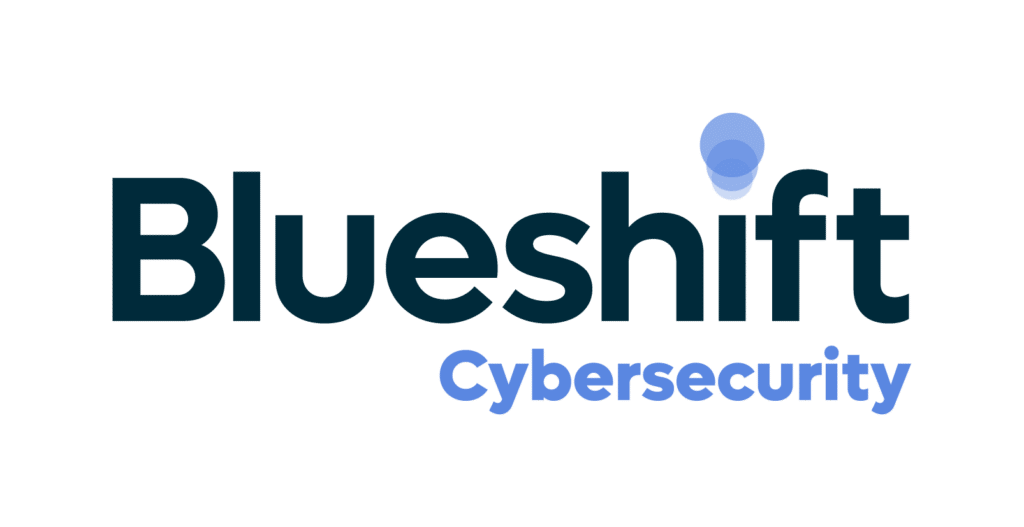Safeguarding sensitive patient information is both a legal obligation and a critical component of trust in the healthcare industry. HIPAA compliance is designed to ensure healthcare providers protect patient data, but meeting these regulatory requirements requires more than just policies—it demands robust healthcare cybersecurity measures.
With the growing threat of cyberattacks, including ransomware and phishing schemes, healthcare organizations must implement advanced cybersecurity strategies to safeguard patient data and maintain compliance. Managed cybersecurity services offer healthcare providers an effective way to meet HIPAA requirements while reducing risk and operational burden.
The Importance of HIPAA Compliance
The Health Insurance Portability and Accountability Act (HIPAA) establishes strict rules for protecting electronic Protected Health Information (ePHI). Non-compliance can result in severe consequences, including:
- Financial Penalties: Fines for HIPAA violations can range from $100 to $50,000 per incident, depending on severity and negligence.
- Reputational Damage: Data breaches erode patient trust, impacting an organization’s credibility.
- Operational Disruption: Addressing breaches or penalties diverts resources away from patient care.
To comply with HIPAA, healthcare providers must ensure that ePHI is secure at every stage—storage, transmission, and processing. This requires comprehensive cybersecurity measures that address the unique vulnerabilities of healthcare systems.
Cybersecurity Challenges in Healthcare
Healthcare providers face specific challenges when implementing cybersecurity strategies:
- Sophisticated Threats: Cybercriminals are increasingly targeting healthcare organizations due to the high value of patient data.
- Complex IT Environments: The integration of IoT devices, cloud platforms, and remote access points expands the attack surface.
- Resource Constraints: Many providers lack the resources or expertise to manage complex cybersecurity needs internally.
These challenges make it essential for healthcare providers to adopt managed services that offer expertise, scalability, and cost-effective solutions.
The Role of Healthcare Cybersecurity in HIPAA Compliance
Effective healthcare cybersecurity goes beyond preventing data breaches—it also supports HIPAA compliance by addressing key regulatory requirements:
1. Access Control
Managed cybersecurity services implement strict access controls, ensuring that only authorized personnel can access ePHI. Multi-factor authentication and role-based permissions enhance security.
2. Audit Controls
HIPAA mandates comprehensive auditing capabilities. Managed solutions provide detailed logs of all system activity, allowing providers to track and review access to ePHI.
3. Encryption and Data Protection
Data encryption ensures that even if unauthorized access occurs, patient information remains secure. Managed services implement encryption protocols for data in transit and at rest.
4. Incident Response
HIPAA requires timely responses to security incidents. Managed Security Operations Centers (SOCs) monitor healthcare systems 24/7, detecting and mitigating threats before they escalate.
5. Risk Assessments
Regular risk assessments are essential for identifying vulnerabilities and ensuring ongoing compliance. Managed services conduct these assessments, providing actionable insights to strengthen defenses.
Benefits of Managed Cybersecurity Services
Partnering with a managed service provider allows healthcare organizations to achieve HIPAA compliance while enhancing overall security. Key benefits include:
- Expert Oversight: Access to experienced cybersecurity professionals who understand HIPAA requirements.
- Proactive Monitoring: Continuous monitoring ensures threats are identified and addressed in real time.
- Cost Efficiency: Managed services eliminate the need for in-house cybersecurity teams, reducing operational costs.
- Scalability: Solutions can adapt to the size and complexity of any healthcare organization.
- Peace of Mind: With managed services handling compliance and security, providers can focus on delivering quality care.
Why Choose Blueshift Cybersecurity?
Blueshift Cybersecurity specializes in helping healthcare providers navigate HIPAA compliance with advanced, tailored solutions. Our services include:
- 24/7 Managed SOC: Real-time threat detection and response.
- Managed SIEM & SOAR: Automated tools for logging, auditing, and incident management.
- Encryption and Data Protection: Ensuring patient data remains secure in all scenarios.
- Custom Risk Assessments: Identifying vulnerabilities and providing clear remediation plans.
With Blueshift’s expertise, healthcare providers can confidently secure patient data and meet all HIPAA compliance requirements.
Protect Patient Data with Blueshift Cybersecurity
HIPAA compliance is critical for safeguarding patient data and ensuring the integrity of healthcare organizations. Blueshift Cybersecurity provides the tools, expertise, and services needed to meet regulatory requirements and defend against evolving threats.
Contact Blueshift Cybersecurity today to learn more about our healthcare cybersecurity services and how we can help your organization achieve and maintain HIPAA compliance.
